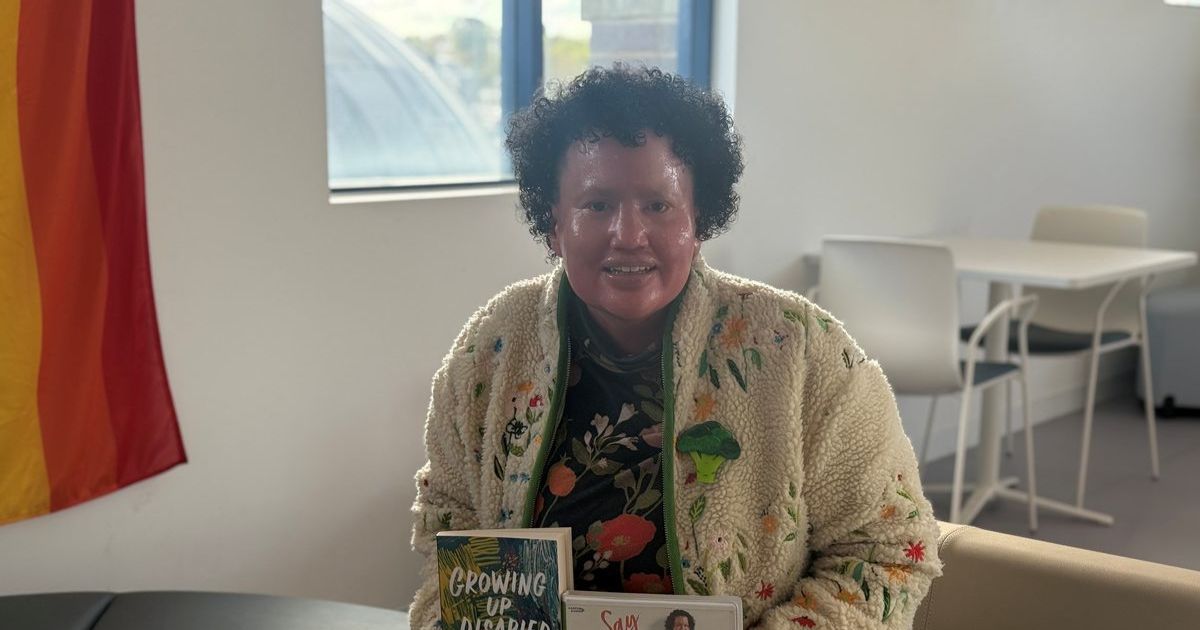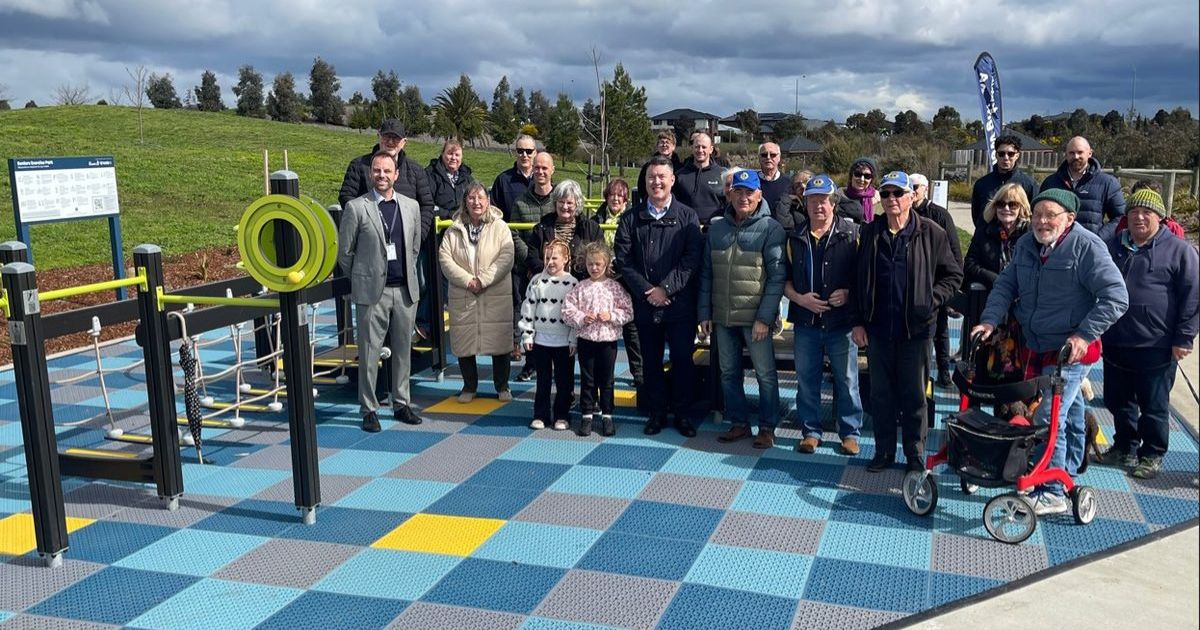Right to the Night project relaunched

Safer city: BHS executive director of people and culture Claire Woods, mayor Cr Daniel Moloney and Deakin medical student Katerina Lau in front of a Right to the Night QR code. Photo: RUBY STALEY
REIGNITING its Right to the Night project, the City of Ballarat is set to gather data about public perceptions of safety in the health and medical precinct.
While a similar project in 2018 directed specifically at women, this time round organisers are inviting everyone to get involved by visiting mysay.ballarat.vic.gov.au or scanning a QR code around the city to pin locations that make them feel unsafe.
In addition to the geo-mapping, listening posts be conducted at Ballarat Health Services and St John of God Hospital over three-months to provide people with a space to speak directly about their experiences of feeling unsafe around the city.
Mayor Cr Daniel Moloney said the project was an opportunity to leverage technology and work with project partners and the community to improve safety.
“We’re asking our citizens across the board, whether that be women or any other groups that are interested in giving feedback about areas that they feel safe,” he said.
“Some of this data has been useful for us as we’ve been able to make it available to experts who data mine and overlay a whole lot of other data such as placement of streetlights, tree, footpath upgrades; many different things can have big impacts on perceptions of safety.”
Set to be conducted until May, the project is a partnership between Ballarat Health Services, St John of God Hospital, Ballarat Community Health, Federation University, Women’s Health Grampians, Victoria Police, Deakin University, Central Highlands Primary Care Partnership and the City.
BHS executive director of people and culture Claire Woods said the work was innovative and necessary for those who work and frequent the precinct.
“Health and safety for us is incredibly important and we’re grateful that the health and medical precinct has been included in this work by the Ballarat City council,” she said.
“Those pieces of data are incredibly important in understanding what makes people feel unsafe and the areas in which safety needs to be improved… feeling safe is important but actually being safe is incredibly important.”
Final year Deakin University medical student and researcher for the project Katerina Lau said having been part of the school’s wellbeing committee, a group of students were approached to be a part of the program.
“It’s important for everyone, but particularly for students that can’t afford to pay for parking nearby, a lot of us walk from houses or park far away and walk,” she said.
“If we can do stuff to feel a bit safer in the area, that would be amazing, the project is very innovative.”


















